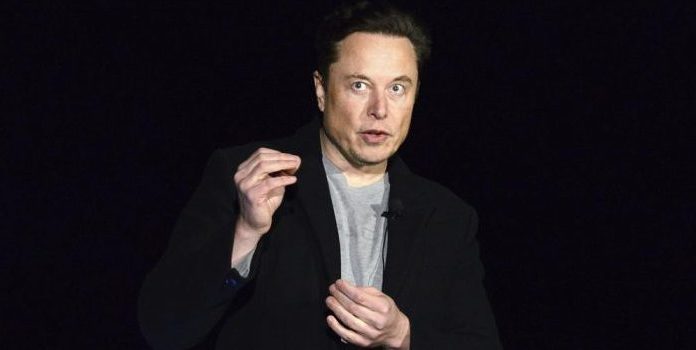(John Ransom, Headline USA) Elon Musk said on Twitter over the weekend that the lack of shareholder representation on Twitter’s board allows the company to disregard the interest of the shareholders.
“Wow, with [former CEO] Jack [Dorsey] departing, the Twitter board collectively owns almost no shares! Objectively, their economic interests are simply not aligned with shareholders,” Musk said in a tweet replying to a separate tweet that pointed out the few numbers of shares that the board members owned.
Musk’s comments come as the Twitter board defended against a previous Musk offer to the shareholders to buy out the company, by adopting a poison pill provision, which could offer shareholders discounted stock in order to dilute the value of Musk’s holdings and make it impossible for him to acquire the company, reported Business Insider.
Elon Musk is in for a bad time.
I’m not sure he’s prepared to take on a couple PhDs, a few MBAs, and a Baroness who use Twitter once a year (to reset their passwords) and collectively own 77 shares of the company. pic.twitter.com/sJmKwHbzVh
— Chris Bakke (@ChrisJBakke) April 16, 2022
“It’s a defense measure by boards to increase the amount of shares and or give a discount to current shareholders so it makes it incrementally hard for a potential acquirer to go after the company because it’s prohibitively expensive,” Daniel Ives, managing director at Wedbush Securities, told Business Insider.
Former CEO Jack Dorsey left the company last November amid growing public skepticism about how Twitter would make money and about its role in politics in the United States.
Over the weekend, Dorsey said that the Musk takeover bid for Twitter had nothing to do with his departure from the company.
Previously, Dorsey had offered support for Musk joining the Twitter board, saying that Musk and current Twitter CEO, Parag [Agrawal], “both lead with their hearts, and they will be an incredible team,” reported Quartz.
The Musk tweet over the weekend has potential legal ramifications, too. The lack of shareholder representation on the board means that the economic interests of the board and Twitter shareholders are not aligned.
Legally, not just Musk, but any shareholder could allege that the board acted to protect management’s interest in continuing to run the company, in rejecting the Musk offer, rather than their fiduciary obligation to maximize shareholder value.

